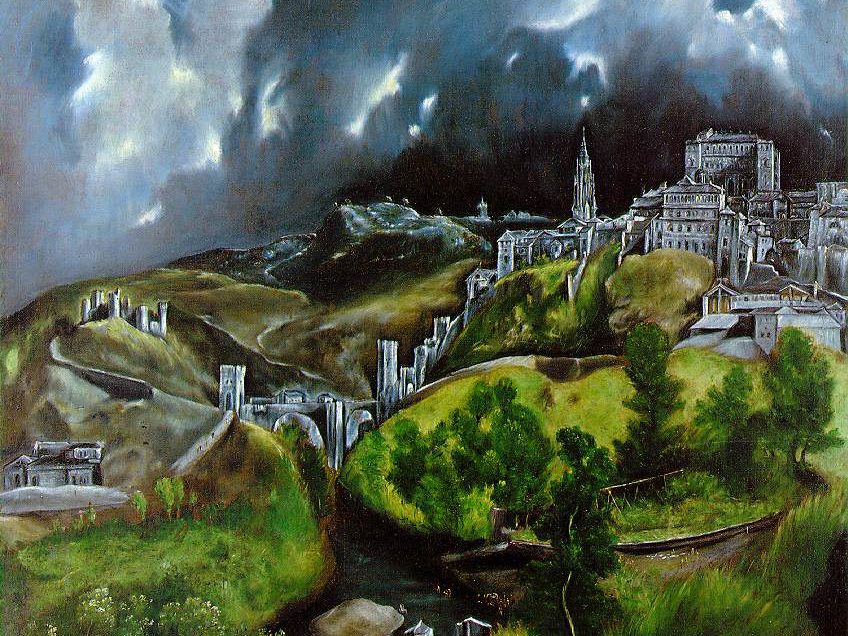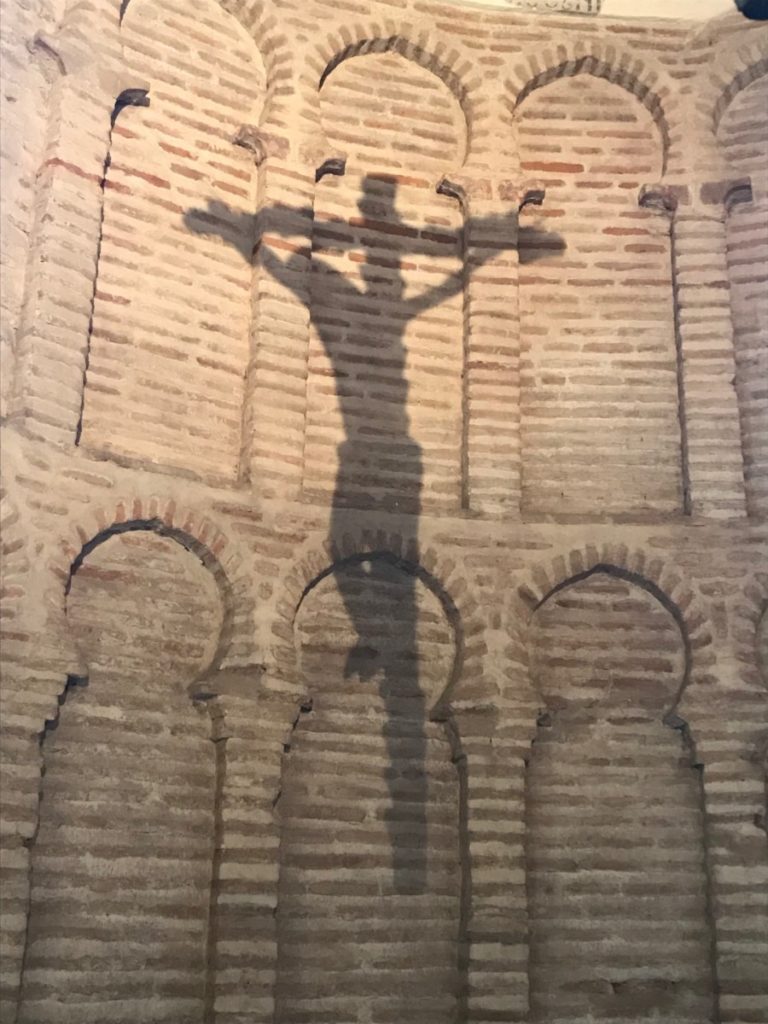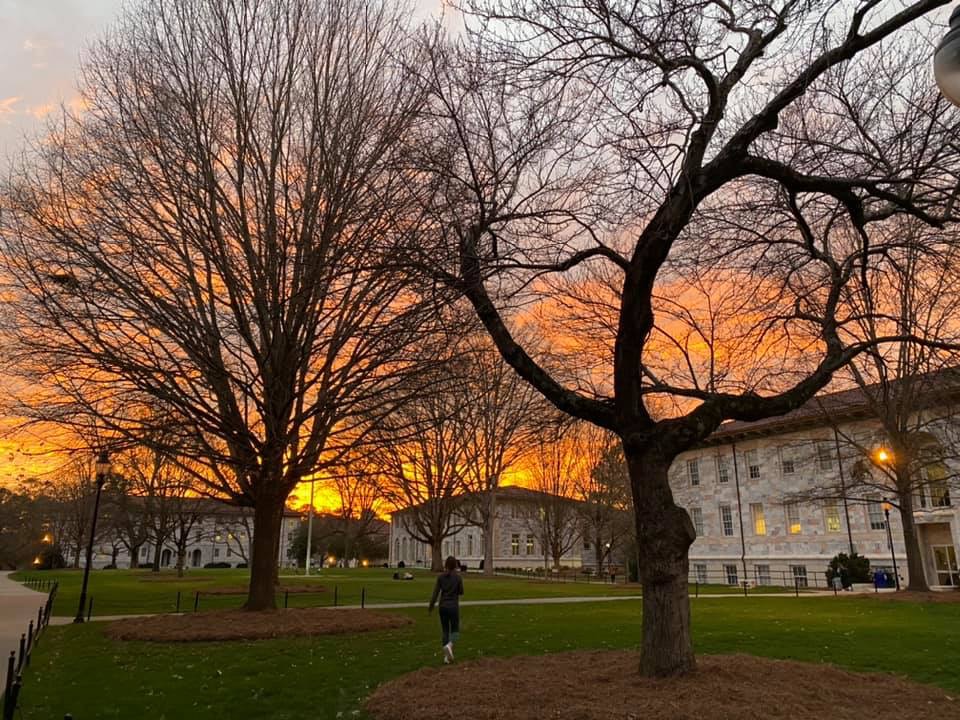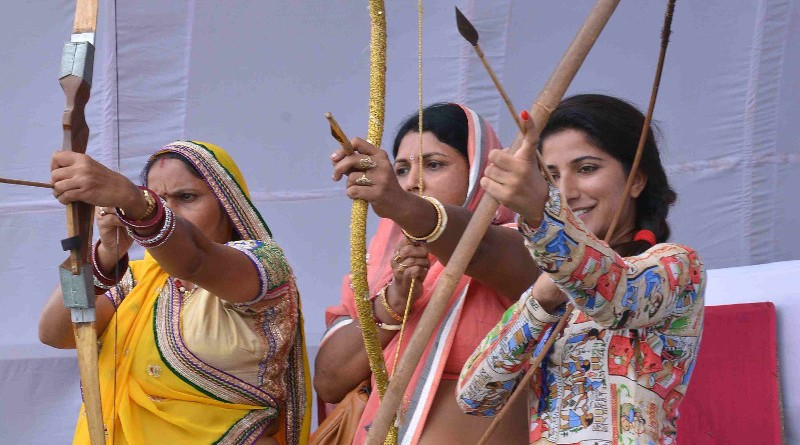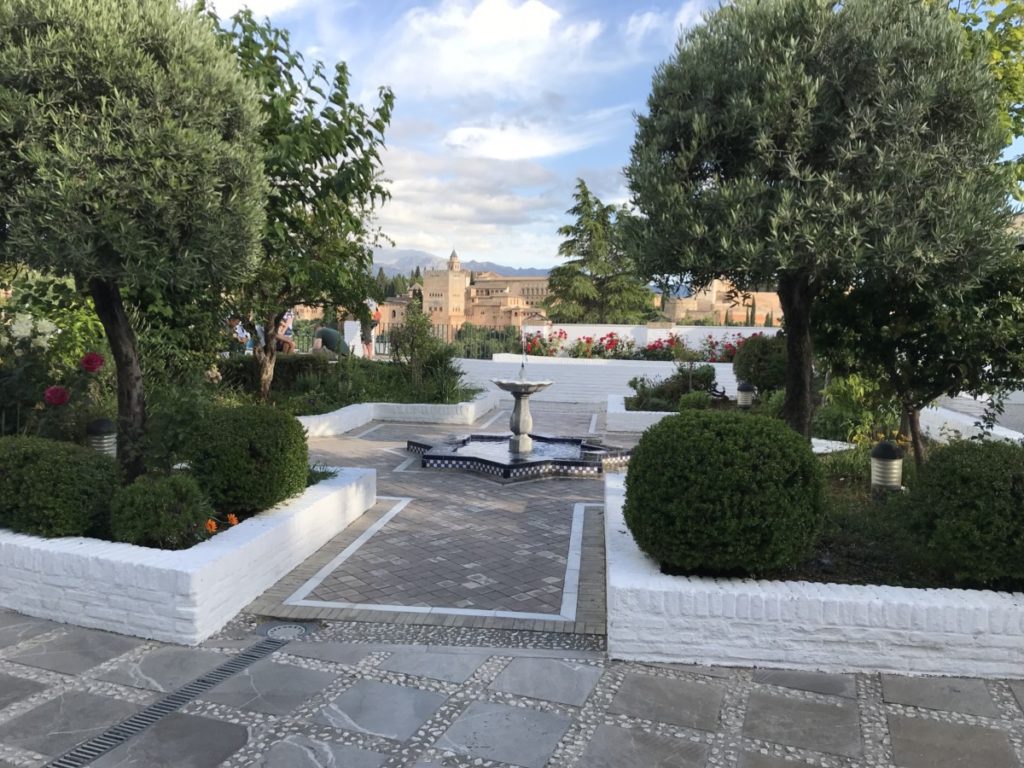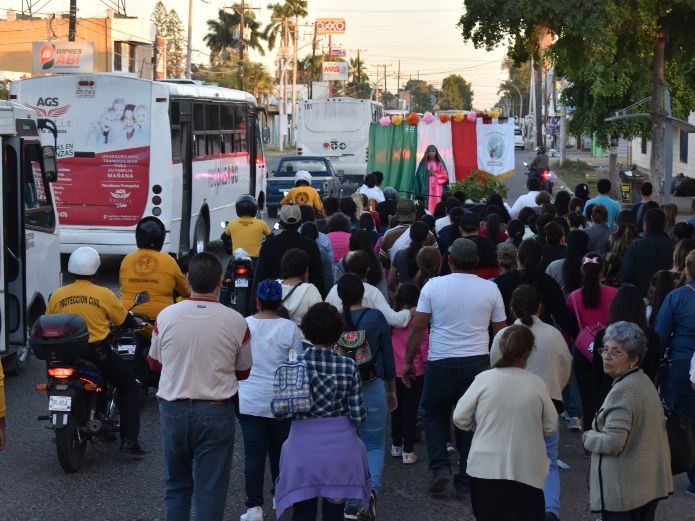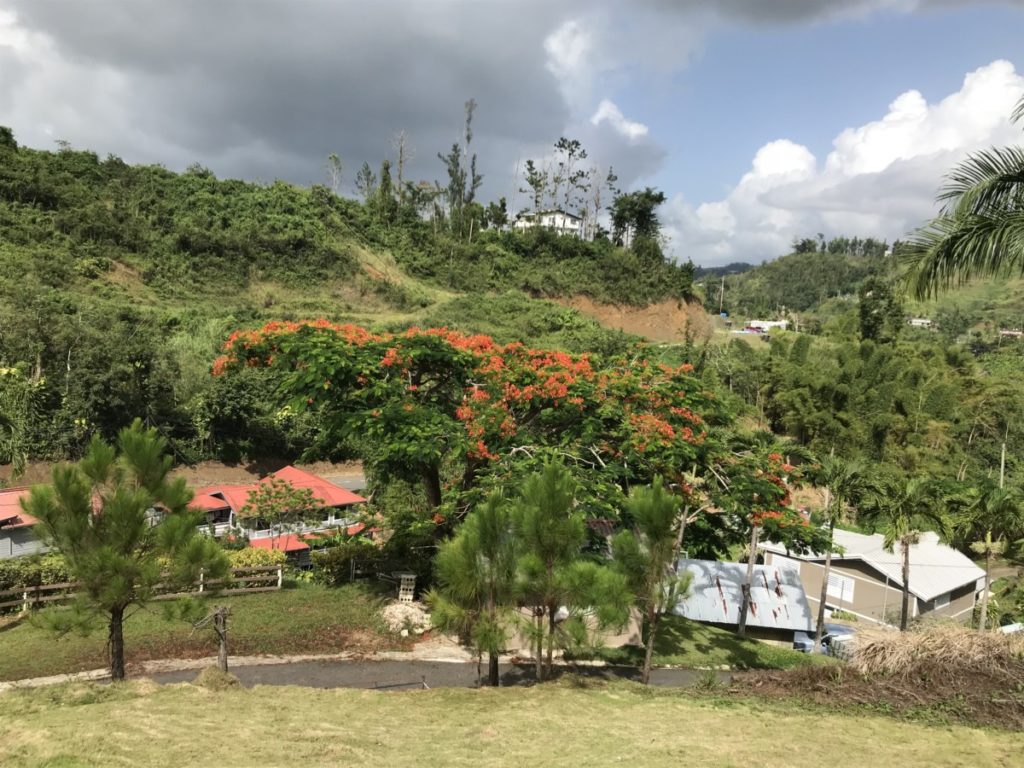Here are my questions for those who presented today. Thank you all for being there, and for taking the time and energy to put these fabulous projects together.
ROSY: Your reading of Ezra (ban on intermarriage and divorce decree) as responding to colonial life. What premises of empire / colonialism / coloniality we read and discuss in class may help you articulate that question. Also, as a bilingual / bicultural text, how could premises of comparative theology combined with post- or decolonial thought may help you chisel that argument? Loved that you consider Ezra and Nehemiah as a model of the Bible forcing readers to read comparatively. There is something there!
MARY ANN: Your reading of the WPA collection through the lens of social ethics begins with Walter Benjamin, straddles to Zora Neale Hurston, and seeks to find ways to read this historical text as a source of remembrance. It seeks to relativize the whiteness of the interviewers and to better see these narratives not as a source of universal truth, but as a text that renders history as unknowable (based on readings of Benjamin, Derrida, Butler, etc.). Would Glissant, Biko, or Mbembe help you perhaps negotiate the ‘source of remembrance’ with the ‘history as unknowable’ premises?
SHIVA: Your reading of the qawwali as oral history is very promising. Your plan to explore the basic premise of these texts as history because texts transmitted orally can be deemed as such irrespectively of where they come from is ambitious and quite original. I wonder who grants historical authority to these texts? Who is supposed to, and how do different genres, such as hamd, na’at, manqabat, marsiya, ghazal (my favorite), kafi, or munajaat may help understand the transfer text/script > performer > performance > audience > devotion? How to negotiate narratology and literary theory with performance theory and religious theory?
SAM: You are reading Foucault’s What is an Author?” and Derrida’s Archive Fever to add to the blogposts of this semester. These two texts, again, vary substantially between their versions in French, as lectures, as articles or chapters of books, and as a self-standing book in the case of Derrida’s; despite all these variations, they share a preoccupation with questions of authority and origin. The first deploys legality and legal discourse, while the second deploys history (loosely understood) and spatiality / location as a referential axes to tease out these questions. They both touch upon authority as a symbolic power, as a source of domain. How do you see this helping you articulate an argument in your own work?
ARIEL: Your three-stage project reviews Audrey Lord’s cancer writings as experiments that question a genealogy of the flesh well established in African American Studies and Black Studies. You move that to a second stage, seeking other genealogies. You do not renege on the premise of black women carrying lots of weight, but you seek other interpretations in the company of Rivera’s poetics of the flesh, Copland’s enfleshing freedom, and other scholars that will help you build that argument. You leave the third stage, Lord’s cancer writings as response to death and dying, to a future with a book. In this second stage, where I see your final project for this class take shape, is there room for oral history or traditions to play a part in reading Lord’s text? What role or roles may orality play in womanist body of thought?
CHRISTINA: Your reading of Danticat’s account of four generations of women and girls between Haiti and the United States, between childhood and adulthood, between colony and empire, and between virginity and womanhood asks if this maternal-filial history of flesh and motherly love, and the happening and telling of testing, can represent any healing dimensions, and a response to Winter’s premise of black women’s flesh mocked. As you incorporate Rivera’s poetics of the flesh, is there room to explore the gender-bending dimensions of motherly penetration of the daughters’ body? Thinking of Mark Jordan’s hunting the sacred, and of a kind of performance of female masculinity to tease out the healing in the mother’s body invasion of the daughter’s and the possible healing properties of that act. Also, the tradition of Celestinas counted on testing virginity for economic survival of the matchmaker; she even mended broken hymens. I wonder also about catharsis (long talk with Shiva about catharsis not being the purification of the single tragic character on stage, performing, but the actual purification of the whole social fabric, Page Dubois, “On Catharsis”) and about the sacrificial dimensions of the body of the daughter, crossroads of exile and redemption.
FABULOUS PRESENTATIONS, EVERYONE. I hope you will post lots of questions, comments, bibliographical suggestions, and so on. See you next week. Hang in there, you’re doing great!
